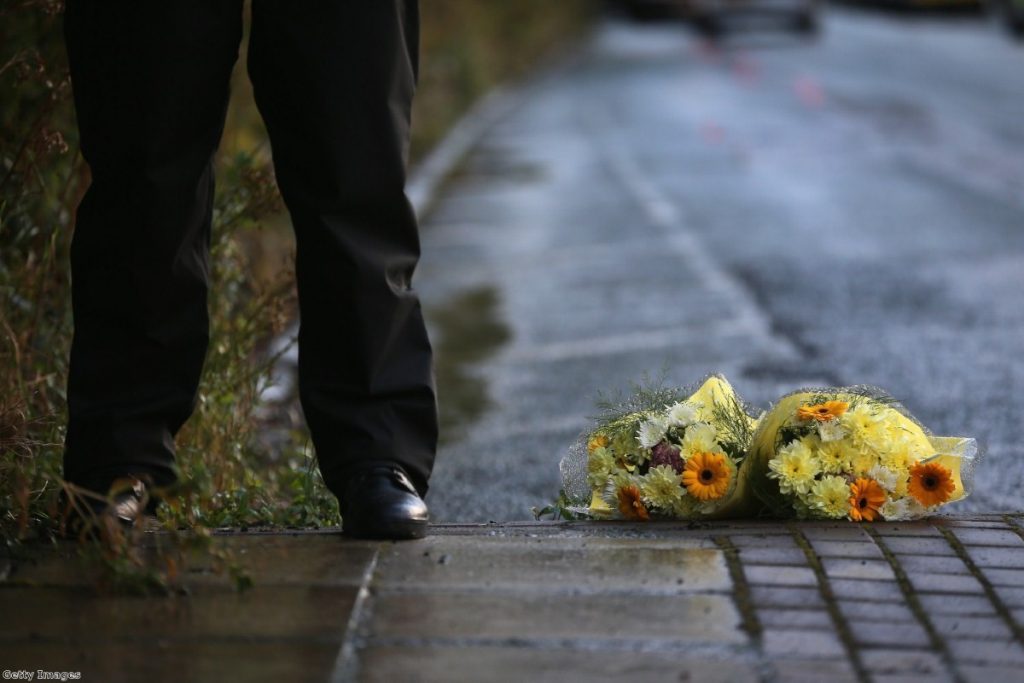Officer deaths trigger calls for death sentence and armed police
The deaths of police officers Fiona Bone and Nicola Hughes yesterday have triggered calls for the reintroduction of the death penalty for those who kill police.
Others have debated whether the government should respond to the shooting by routinely arming police officers.
The debate came as heartbreaking details of Bone's upcoming wedding and Hughes' "chatterbox" nature were revealed, a day after they were shot during a routine call in Manchester.
Home secretary Theresa May will Greater Manchester Police chief constable Sir Peter Fahey later today, after it was confirmed the man suspected of killing the two PCs was on bail over a fatal pub shooting.


A minute's silence for the officers was held earlier.
"Anyone who kills an officer should be hanged," Paul Bone, father of one of the murdered officers, said.
Writing in the Telegraph, long-time capital punishment supporter Norman Tebbit said: "The murder of two unarmed women police officers is bound to reignite the debate over whether our police officers should be armed as a matter of routine and whether there should be a return to capital punishment for limited categories of murder, such as that of a police officer."
The former MP said the threat of an "early dawn walk to the gallows" would discourage killers.
He went on: "The hard fact is, as violent criminals know perfectly well, a credible threat that a man will lose his life unless he complies with a demand usually results in obedience.
"I think it is time we thought again about the deterrent effect of the shadow of the gallows."
Police Federation vice chair Simon Reed said: "We certainly need a stronger deterrent than we currently have."
Others, particularly in the media, called for the routine arming of police so they would be defend themselves against assailants.
Those running for police commissioner posts have toyed with the idea of adopting a tougher stance on police defence in response to the shootings.
"They are ill-equipped to defend themselves from those who are prepared to use deadly force," Matt Gallagher, Liberal Democrat candidate for Greater Manchester Police commissioner, said.
"They accept that they are expected to place themselves in harm's way and that evil people must be confronted, but their faith in the support and overwhelming goodness of the community they serve drives them to take that risk."
Nick Clegg rejected the idea today, saying it went against the traditions of British policing.
"We have a long tradition in this country, which is a great tradition, of policing in the community, of the police being part of the public, and the public supporting and giving their consent to the police," he said.
"I think if we were in an instant to, in a sense, arm our police to the teeth so they become separate from the public, that would be quite a big change that would have considerable risks attached to it."
The police force itself remains implacably opposed to the introduction of armed police.
"Guns don't necessarily solve the problem – you only have to look to the American experience," Sir Hugh Orde, president of the Association of Chief Police Officers (Acpo), said.
"The clear view of the British police service from top to bottom is we don't want to be armed."









